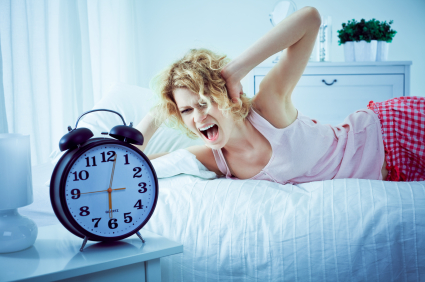When was the last time you got a full night’s sleep? A full 8, glorious hours of zzz’s?
Bet you can’t remember.
When was the last time you went ‘pausal™?
Bet you can remember!
It seems that I can’t stop writing about sleep on Flashfree. Additionally, it appears that I continue to write about depression. And the link; it’s more common than you may imagine.
Let me break it down for you: not only does a third of the population have sleep problems, but, by the time midlife and menopause come along, it’s not out of the range of probabilities that women alone comprise that third. Okay, I exaggerate but I am sure that you can understand where I’m going here.
A number of factors affect sleep, including marital status, general health, lack of exercise and caffeine and alcohol. However, according to a recent study in Sleep Medicine, psychological factors rank amongst the highest. In fact, when researchers assessed self-reported information from almost 150,000 women enrolled in the famous Women’s Health Study, they found that the better that women felt in terms of emotional wellbeing and calmness, the better their sleep. On the flip side? Of all the factors potentially associated with the reverse, i.e., severe sleep disruption, the biggest culprits were:
- feeling restless during the day
- depression or poor emotional wellbeing
- general symptoms of feeling poorly (bloating, clumsiness, stomach issues, dizziness, back pain, nausea)
Moreover, these factors did not need to reach the level where they would have been associated with established psychiatric disease. And, they were most closely associated with wakening earlier than expected and then trying to fall back asleep.
Depression is fairly common in midlife, with as many as 40% of women who are in menopause going through some sort of blue period. Anger and hostility, and the inability to express both, can also contribute to depressive symptoms, as can discontent and resentment. This menopausal rage appears to affect many women and may be related to hormonal shifts, especially in perimenopause when imbalances and extremes occur. The key appears to be finding ways to reinstate balance, both inward and outward, which means working through hormone issues and personal issues with a licensed health professional or professionals while also maintaining regular physical activity and surrounding oneself with things that help boost an overall sense of wellbeing.
If you look at the list above, the largest culprits in general insomnia appear to be controllable. Start keeping regular tabs on the following:
- Am I constantly feeling angry?
- What appears to ‘set me off?’
- Do I feel blue?
- Do I feel as though my life is out of control?
- Am I feeling achy, sick, blah most of the time?
- Am I falling asleep and awakening? How often am I able to get back to sleep
- How’s my diet? My physical activity?
It can be difficult to discern the forest from the trees when you are caught up in the daily grind and the emotional rollercoaster of life. Add hormones to the mix and it’s a veritable ‘going pausal™’ waiting to happen. However, take comfort in knowing that you are not alone and there ARE solutions. You simply need to find the best ones for you. Start small and aim big. You may stop counting sheep and dreaming about them again before you know it.







